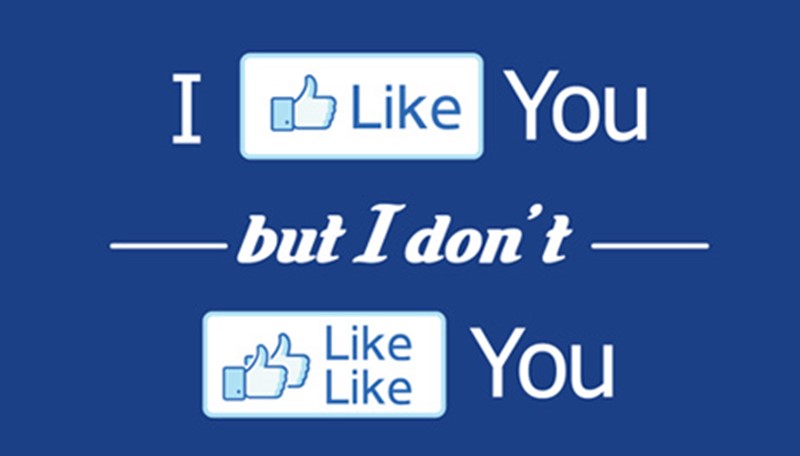
Perfection is not a state ascribed to humans. None of us are such. Christian teachings tell us that Jesus Christ himself was the epitome of perfection, but men waited and plotted for his misfortune, so that they could persecute him. He never did falter, but persecuted him they still did anyway.
I am not one of those blind loyalty types who would agree with a course of action taken by a friend or relative based on an overbearing sense of loyalty. Loyalty requires honestly in personal interactions, thus I always believe that a spade must be called a spade. Breaking the law, harming our fellow brothers and sisters and other such similar actions are wrong, and as a society we have measures and systems in place to ensure that punishment is delivered when terms of what we would consider to be decent and appropriate conduct are breached.
Sometimes misfortune befalls some of our fellow humans that is purely self-inflicted, and arguments can be put forward to the effect that better judgement and application of thought and intelligence should have been more readily used. Which one of us though reading this piece can truly say we have never been naughty in our lives? It may not be on a grand scale but the foreboding relevance is that none of us is without fault or failings. However, when one of our fellow human beings suffers a mishap, it would appear that there is a dominant delight expressed by some, that the individual deserved what was coming to them'. Is empathy an emotion that is ancient in modern day human interaction?
A friend, who is a trained Psychologist, mentioned this quotation to me whilst we were discussing this issue. The thought I was told, comes from German Psychoanalyst and Organizational Consultant, Dr Ken Eisold, where I was informed he said, Because we do envy others for what they have that we don't, we take a special pleasure when they lose it. And we don't like the fact that we are envious, either, and seldom will we openly acknowledge it.
Some persons will admittedly feel a degree of discomfort with the views expressed by Eisold, but it is always best to analyse and consider why people say the things they say. So therefore, upon deeper consideration, I wondered, was Eisold speaking to a hidden truth that is within some of us? Are we as humans, on a deeper level, envious of the success of others and take great pleasure when they fall from grace? It is one aspect I suppose where we would all have to examine our inner selves to ascertain if there be any truth and attachment to our personal lives with the views expressed by Dr Eisold.
Apparently the Germans have a name for this type of behaviour. They call it Schadenfreude. This means delighting in the misfortune of others.
I can understand without question when someone has done wrong and we feel that punishment is due. What baffles me though is the seeming sadistic pleasure some persons take in glorifying that failure. We see this happening across various aspects of our daily lives; from politics, friendships, community relations, work place interactions, personal relationships, family units and professional environments.
The publication, Psychology Today, offers another unique perspective. This respected publication states that pleasure in others' misfortune is associated with the passivity of the agent enjoying the situation._.typically, one of the greater contributions to the pleasure we take in others' misfortune is the feeling that the failure of our competitor is not due to our own wicked behaviour. It is as if justice has been done in the spirit of the Talmudic saying: "The tasks of the righteous gets done by others." This is a kind of unsolicited gift.'
This issue is one that I can only assume will be discussed and debated for some time yet. However, that does not preclude some of us from finding the entire notion of delighting in someone else's downfall strangely bizarre.
Perhaps it plays into human ideas of being better than the other person? The type of thinking that says, well I am not stupid enough to do something so silly. Which may in some way, make us feel elevated from the actions of those persons that have been punished for actions we deem undesirable.
Surely, we will not get along with everyone we come into contact with, but is that reason enough to spew a language of contempt and delight towards another's misfortunes?
Photo Credit To Shirt Woot
Jeevan Robinson is Founder & Editor-in-Chief of the global Caribbean media house, MNI Alive. He can be reached at


